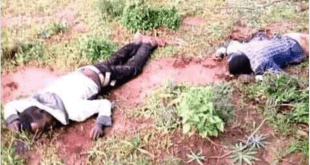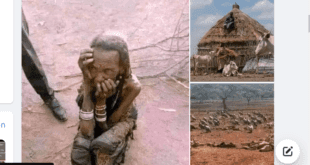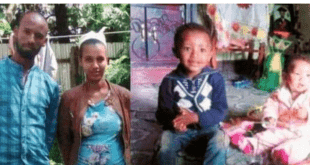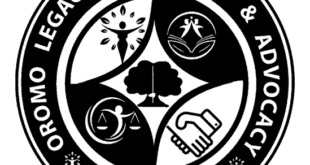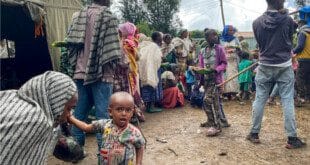An Open Letter to President Barak Obama on his Ethiopia Visit
Dear Mr. President Obama,
The Human Rights League of the Horn of Africa wants to express its deep concern about what it regards as the wrong decision made by you and your staff in making a formal visit to Ethiopia in late July 2015. This will make you the first US leader to break the US promise not to reward dictators. History teaches us that the American constitution of 1787 is the world’s first democratic constitution, a landmark document of the Western World which protects the rights of all citizens in the USA. The following examples show America’s great support of human rights:
During the First World War, America entered the war against Germany in 1917 to protect the world- as President Woodrow Wilson put it, “Making the World Safe for Democracy”. Later, Eleanor Roosevelt, the widow of President Roosevelt and a human rights champion, drafted in 1948 an internationally accepted human rights bill, the Universal Declaration of Human Rights. These and other democratic activities have made America a champion of democracy all over the world that all Americans should be proud of.
Mr. President,
Your decision to visit human rights perpetrators in Ethiopia contradicts your country’s democratic tradition. It also disrespects the Ethiopian nations and nationalities who are under the subjugation of the EPRDF/TPLF government.
Mr. President,
We can witness today the government of Ethiopia making a lot of noise about the flourishing of democracy in that country. The reality on the ground shows that the undemocratic behavior of the regime has been overshadowed by the apparently “democratic” and anti-terrorism façade that the regime has demonstrated for the past twenty-four years. During those years, thousands were killed, abducted, kidnaped, and imprisoned by this government because they simply tried to exercise their fundamental rights, such as free speech and expression, freedom of association and religion. University students, journalists, human rights activists, opposition political party members and their supporters, and farmers have been the major victims in Ethiopia.
When the EPRDF/TPLF Government took power in 1991 in Ethiopia, there were high expectations from both local and international communities that there would be an improvement in the human rights situation in Ethiopia from previous regimes. Contrary to everyone’s expectations, however, human rights abuses in Ethiopia worsened. The human rights violations in Ethiopia has been widely reported by local, regional and international human rights organizations as well as some Western governmental agencies including the US State Department’s yearly human rights reports.
Today, in Ethiopia political extra-judicial killings, kidnappings and disappearances, mass arrests and imprisonments- without warrants- in horrible prison conditions, extended imprisonment without trials, torture, denials and delaying of justice, discrimination in resource allocations and implementations, biased educational and development policies, denials of employment and job promotion opportunities and/or the misuse of coercive political tools are rampant. Social crises in Ethiopia are becoming deeper and deeper, while the socioeconomic gap between the favored (the politically affiliated groups and individuals) and the disfavored is getting wider and wider. For the majority of Ethiopians, life has become unbearable. It has even become very difficult for civil servants, the middle class, to support their families.
Mr. President,
The Human Rights League of the Horn of Africa strictly opposes your visit to Ethiopia. As the president of the country where democracy emerged and respect for human rights was first realized, we believe it would be immoral of you to reward human rights violators. We urge that you withdraw from your decision to visit Ethiopia.
